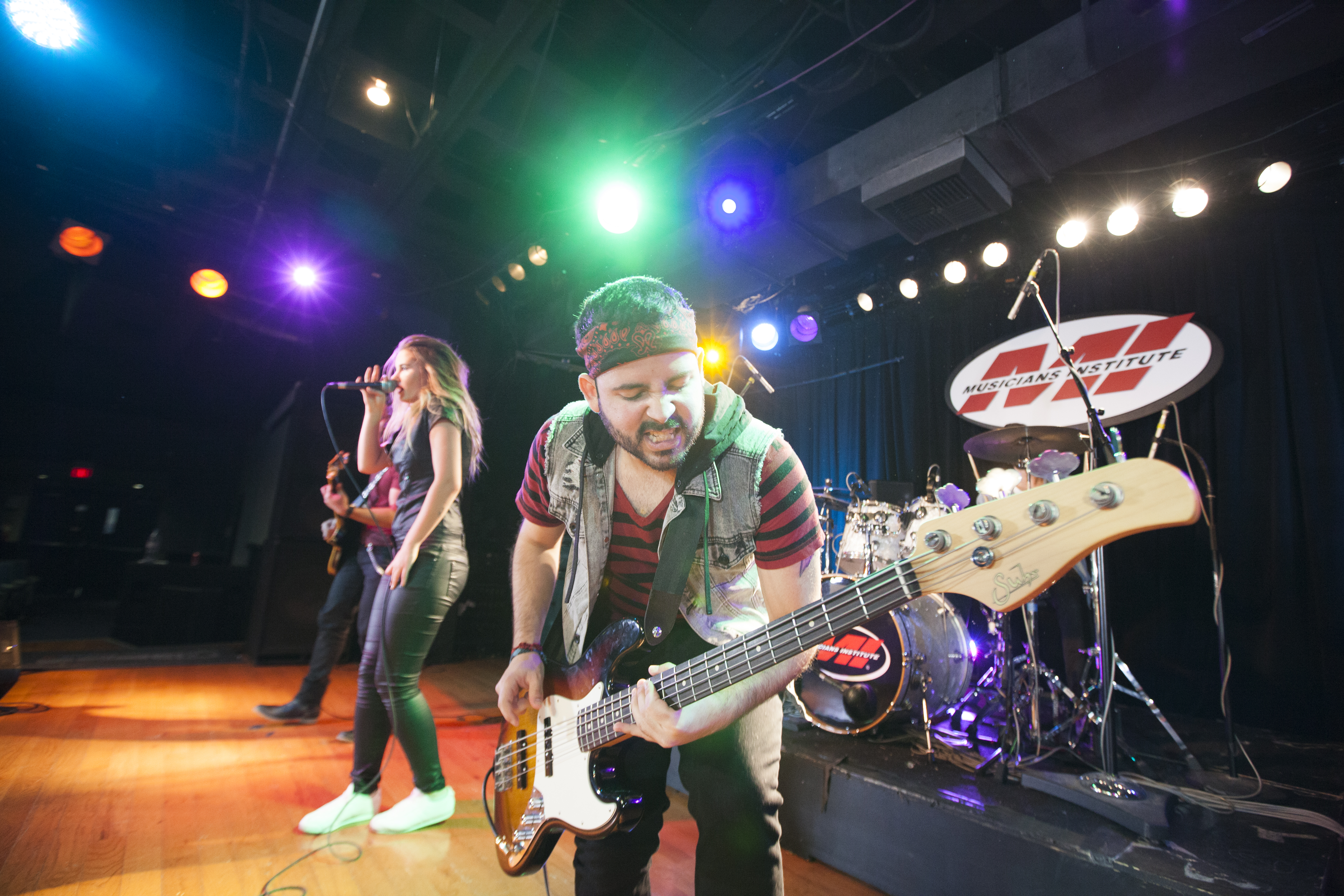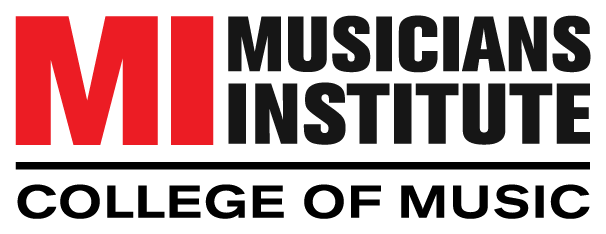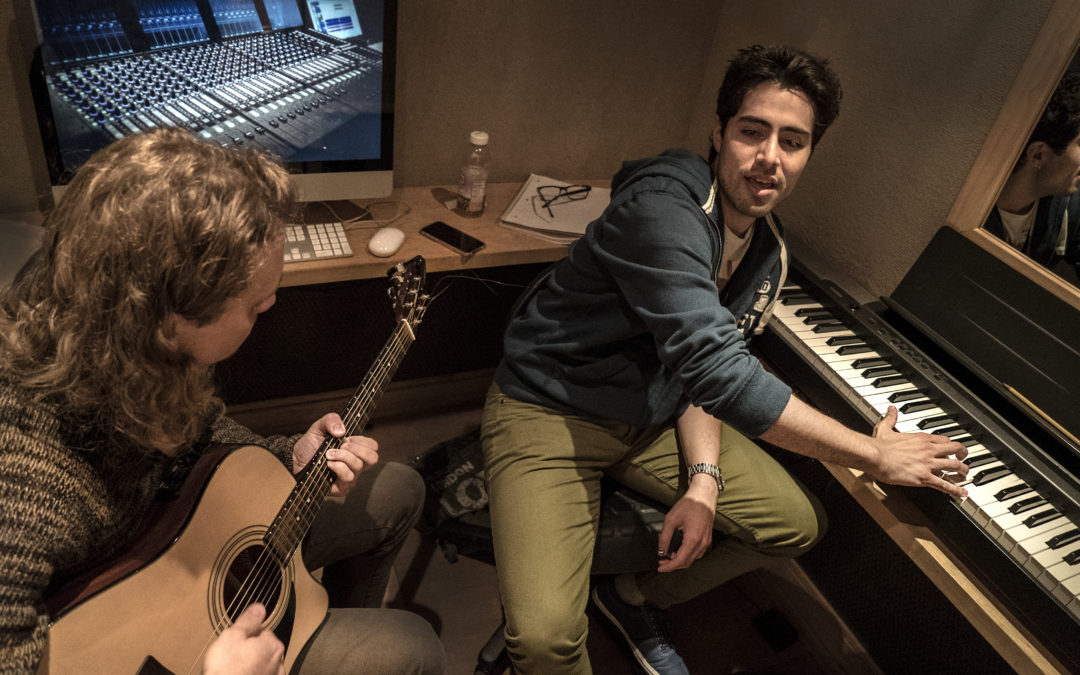Now that the year is winding down, a new year on the horizon always brings new possibilities, doesn’t it? Learning a new instrument and starting a career in music seems like a great idea! But decisions at this time of the year often come bundled with unrealistic expectations, and are frequently short-lived. So, how do you make your resolution to start playing a new instrument this year actually stick?
When Should I Start?
Start right away! Start in your mind. Keep the instrument on your mind every day. Identify with it. Look up music that features it. Before even picking it up, make sure you’re inspired by the idea of playing it. Find music instructors, like the legendary faculty at MI Online, who can offer you solid advice on how to begin.
“I started playing guitar when I was 10. I actually wanted to be a drummer and my mom was already looking for a drum teacher for me, but a friend of mine took me to see his a guitar lesson and that was that. Till this day I don’t really know why I stuck with it. I really love the Beatles so I think that had a big influence on why I decided to play guitar.” Oz Noy
Ask yourself a few questions. Where do you picture yourself playing the instrument? On a stage? In a music school? A club? At a social gathering with friends? On your own? Flesh out the details in your mind. Speak to career musician friends about playing an instrument and get their opinion. Collect images of your favorite artists and inspirational figures. The more of this type of groundwork you do, the longer your New Year’s resolution will last.

Blog Post
"*" indicates required fields
By submitting this form, I authorize Musicians Institute (MI) to make or allow the placement of calls, emails, and texts to me at the phone number that I have provided, including through the use of automated technology, or a prerecorded or artificial voice. I understand that I am not required to provide my phone number as a condition of purchasing any property, goods, or services. I agree to the terms of MI’s Privacy Policy. MI will not sell or rent your information to third parties, and you may unsubscribe at any time.

What Instrument Should I Pick?
Visit a music school or store where you can surround yourself with instruments. Ask the assistant if you could handle some of the instruments. Get a feel for which one seems the most ‘you’. Be aware of what catches your eye. Ask yourself why it does. Remember times in your life when you were amazed by a band or performance, and think about what was the most amazing about it. Your favorite memories are a good source of self-knowledge. You’re more likely to stick with a habit when it complements your personality and nature right now, rather than on how fantastic you imagine your music career will be in the future.
Be practical. Where will you be rehearsing? How regularly? What are the volume limitations? Do you have access to a brick and mortar or online music school, studio or rehearsal environment? Can the volume of your instrument be lowered using headphones or a mute? Do you picture yourself in a solo or group setting? Instruments like the clarinet and drums really shine best within group and ensemble settings, while the piano and guitar might get you more solo gigs. Are you aiming for a career in music or just playing it as a hobby?
Create Your Time and Space
When it’s time to practice, your instrument should be instantly accessible. Once you start using your new violin case as a dump spot for your clothes, you might as well kiss your new hobby goodbye. There should be no hunting for plug adapters or having to replace broken strings before you start. Remove every possible obstacle to your practice and work hard to keep it that way. If you can’t find your trainers, you’ll never start jogging. The same goes for music. Leave things where you would look for them first.
“I practice whenever I have the time and wherever I can get focused. In today’s environment it’s very hard to be focused.” Oz Noy
Switch your phone to flight mode when you practice. Your practice time and space need to be free of distractions. Over time, circumstances might change, like getting a new job with different hours or moving to a new house. You’ll need to adapt your time and space to preserve your habit if you want it to survive.

Forming A Habit
As quickly as you embrace your new habit, you will also lose it when your motivation dips. The most common mistake is to practice vehemently for about three weeks and then slowly start to wane. So don’t be too demanding on yourself up front! Learning an instrument is a proverbial marathon, not a race. Three solid interruption-free hours a week for the first three months is a good start.
You can expect to feel like a useless beginner for most of the time. It’s OK! Remember that the learning curve starts steep and gradually declines over time. Starting out is as hard as it gets! Stay fixated on your inspirations and goals. When you do hit a motivational dry spell, allow it to be. If dropping out for a few days is what it takes to continue in the long term, give yourself time off when you’re absolutely drained. But immediately set a date to return to practicing again. And don’t forget how much quality music education and inspiration is available online.
“I used to practice for many hours growing up. Now I only practice when I can, which is not enough:) But I do my best.” Oz Noy
Getting There And Being There
Why learn an instrument? Obvious answers include pure enjoyment, a career in music, physical and mental dexterity and self-esteem. Success begins with picking up the instrument. The future of your skill hangs in the balance of this often difficult daily decision. Can’t you skip practice just one day? Sure you can. We all do. But then we also take the risk of that question becoming horribly normalized, instead of the exception to the norm. Your goal is to return to that quiet, patient place of disciplined fortitude.
“As long as you have a routine you’re on the right track. You just have to make sure you practice the good stuff and you’re not wasting your time on useless exercises.” Oz Noy
Become friends with the uncertainty. There are no guarantees of any external rewards for all your work. Understand that you are playing for yourself alone, and not for some projected reward. This understanding summons all the enthusiasm you will need to overcome the natural laziness residing within us all. It positions you firmly in the moment. It spills over into and enriches other aspects of your life. Through this understanding, you’re able to fully sense that the reward is the playing itself.
Go for it!

